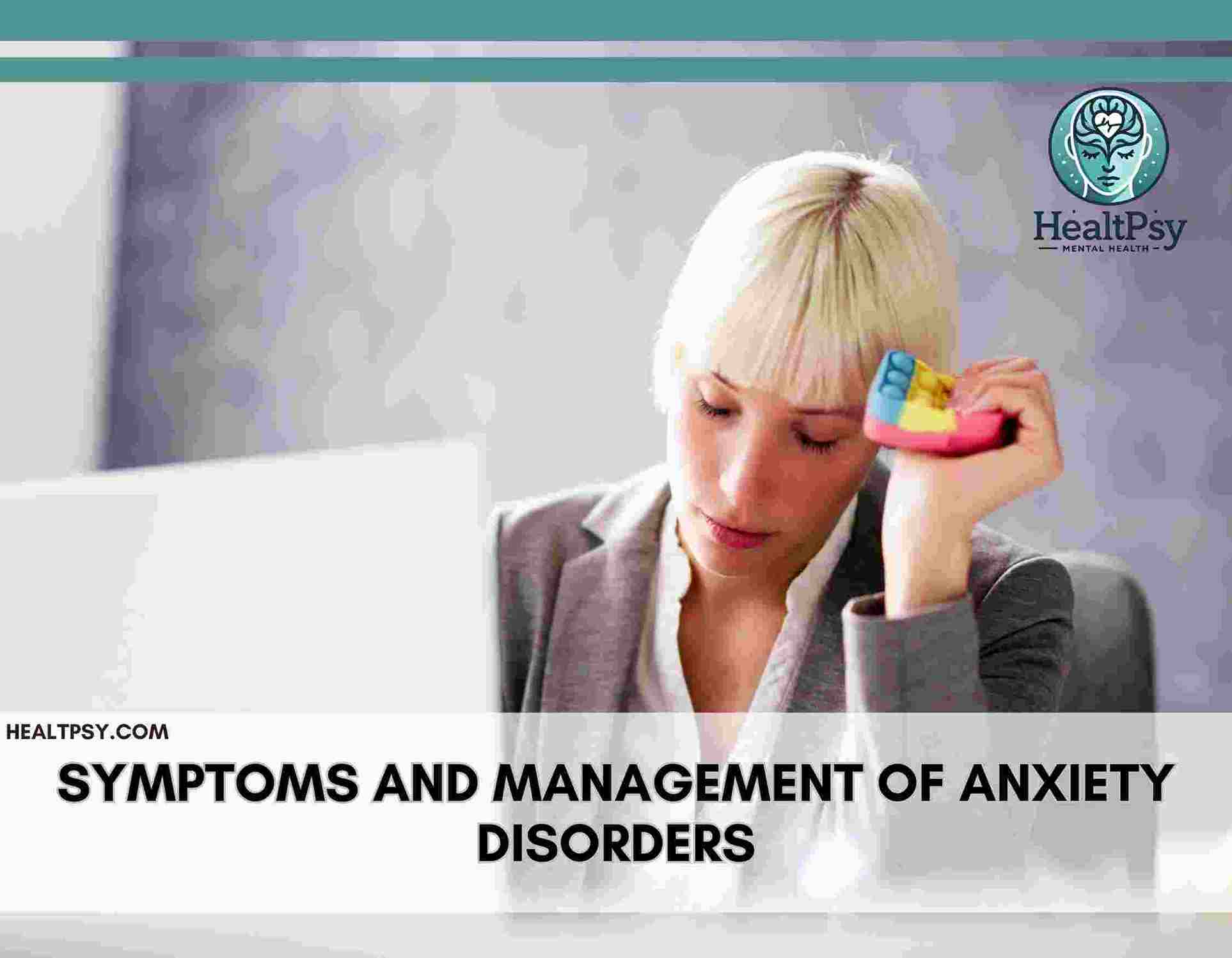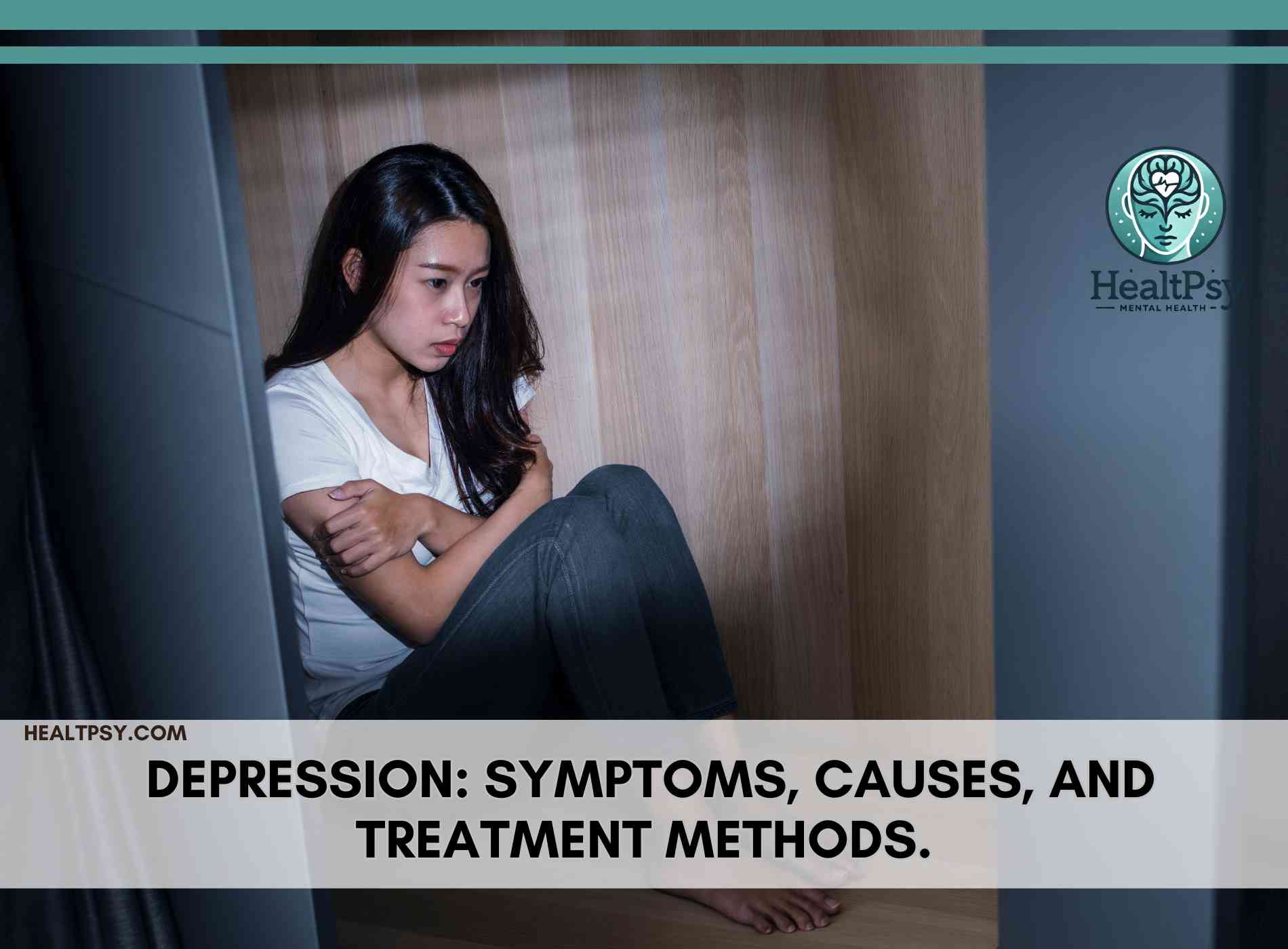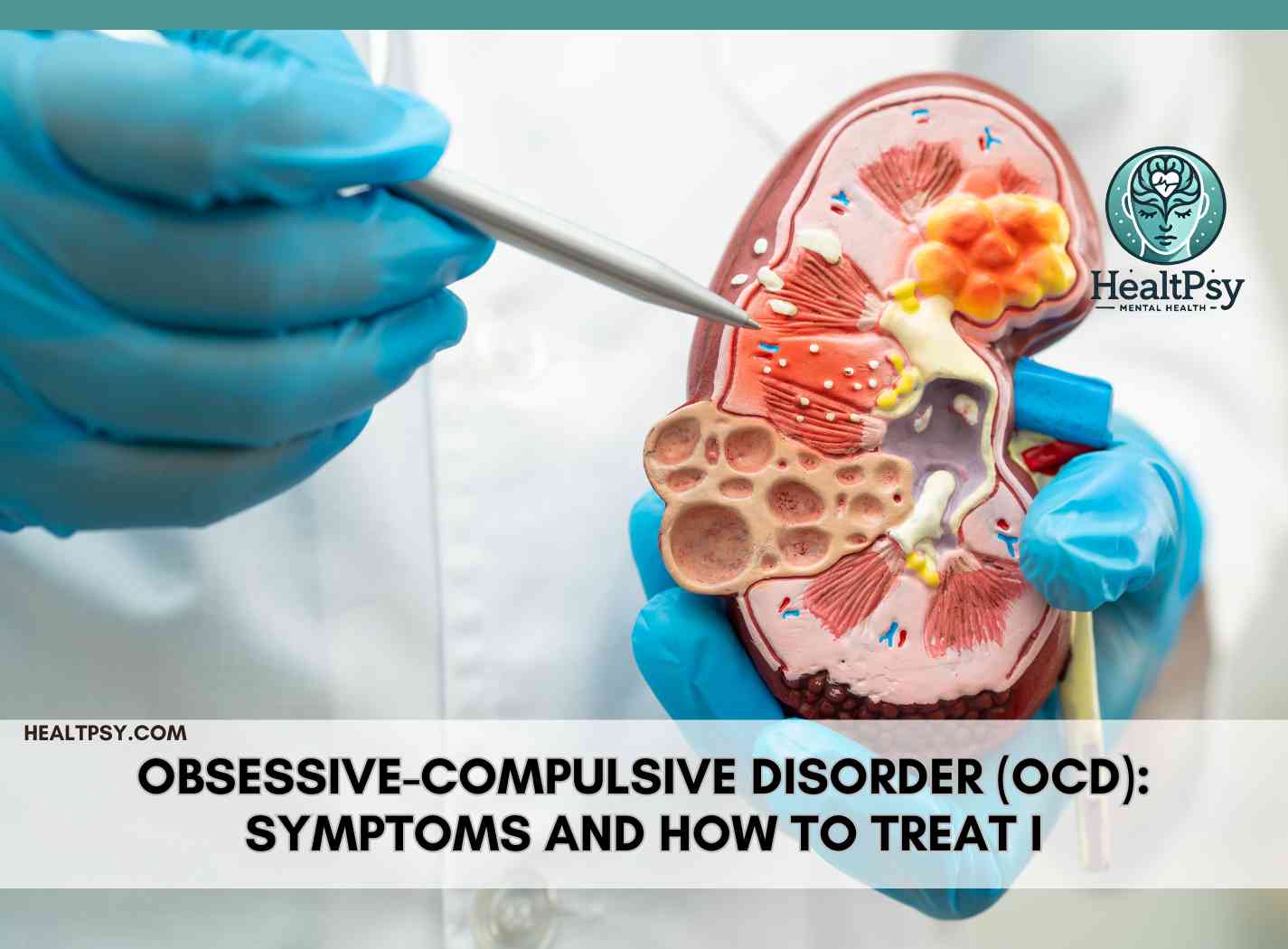7 Warning Signs of High-Functioning Depression You Shouldn’t Ignore
Introduction
In today’s fast-paced society, many individuals appear outwardly successful, organized, and cheerful — yet behind the smiles and productivity lies a silent struggle. This condition is known as high-functioning depression, and it often goes undetected by friends, family, and even the person experiencing it.
Unlike major depressive disorder, high-functioning depression doesn’t always stop someone from going to work, socializing, or maintaining responsibilities. But internally, the emotional toll can be just as devastating. This article explores 7 critical warning signs of high-functioning depression you should never ignore, especially if you live in high-pressure environments like those common in the U.S. and Canada.
According to the National Alliance on Mental Illness (NAMI), more than 21 million adults in the U.S. experience depression each year — and many cases go undiagnosed due to high-functioning symptoms.
1. Persistent Fatigue Despite Adequate Sleep
People with high-functioning depression often feel tired, even after a full night’s rest. This exhaustion isn’t physical — it’s emotional and mental. They may get through the day, perform well, and still feel like they’re barely holding it together.
Why This Matters:
Fatigue can lead to decreased concentration, irritability, and reduced productivity, even in high-performing individuals.
2. A Constant Feeling of Emptiness or Numbness
Unlike acute sadness, many people with high-functioning depression describe their experience as a prolonged sense of “numbness” or disconnection from their emotions.
Example:
You laugh at a friend’s joke or receive praise at work, but it doesn’t feel real or fulfilling. There’s a void that never seems to go away.
3. Overachieving to Cover Up Emotional Struggles
In North American cultures that value productivity and success, many individuals with high-functioning depression use overworking or perfectionism as a coping mechanism. It gives a temporary sense of control, but often leads to burnout.
Warning Sign:
Constantly taking on more than you can handle or being unable to rest without guilt.
4. Withdrawal from Meaningful Connections
Although they may still attend social gatherings, people with high-functioning depression tend to feel disconnected. Conversations may feel shallow, and they may avoid opening up emotionally.
Look For:
- Canceling plans last-minute
- Avoiding deep or vulnerable conversations
- Feeling lonelier in social situations than when alone
5. Negative Self-Talk and Internal Criticism
Internally, someone with high-functioning depression often battles with intense self-judgment. Even when they achieve success, they may feel it’s not enough.
Common Thoughts:
- “I’m not doing enough.”
- “I don’t deserve this.”
- “I’m a burden.”
These thoughts can be damaging and reinforce the cycle of depression.
6. Loss of Joy in Activities Once Enjoyed
This is a hallmark of depression. Someone may continue hobbies or social routines but feel indifferent or forced. They go through the motions without feeling pleasure.
Red Flag:
When your passions feel like chores and you no longer look forward to anything.
7. Frequent Physical Aches Without Clear Medical Cause
High-functioning depression often manifests in physical symptoms such as:
- Headaches
- Stomach pain
- Muscle tension
- Changes in appetite or weight
If your doctor can’t find a physical explanation, it may be time to consider the mental health connection.
According to the Mayo Clinic, depression can present with physical symptoms that are often misdiagnosed or overlooked.
Why High-Functioning Depression Often Goes Undetected
Many people struggling with this form of depression are high achievers — doctors, students, parents, managers — and they fear that revealing vulnerability will be seen as weakness.
Society often reinforces this by praising productivity and ignoring emotional well-being. As a result, symptoms are minimized, dismissed, or misunderstood by others.
How to Seek Help
If you recognize these signs in yourself or someone you care about, it’s important to take action:
Steps to Take:
- Talk to a licensed therapist or counselor
- Speak with your primary care doctor about your symptoms
- Explore Cognitive Behavioral Therapy (CBT) or mindfulness-based interventions
- Reach out to support groups or hotlines such as:
Related Articles You Might Find Helpful:
- Symptoms and Management of Anxiety Disorders
- 5 Best Types of Psychological Therapy and How to Choose the Right One
- 7 Powerful Relaxation Techniques to Improve Mental Health and Reduce Stress
Conclusion
High-functioning depression is real — and dangerous precisely because it hides in plain sight. People with this condition may seem fine on the outside, but silently suffer inside. By learning to recognize the subtle but serious warning signs, we can foster a culture that values emotional honesty as much as productivity.
If you or someone close to you relates to these signs, don’t wait. Early support can prevent deeper struggles and lead to a path of healing and recovery.
you might also like





